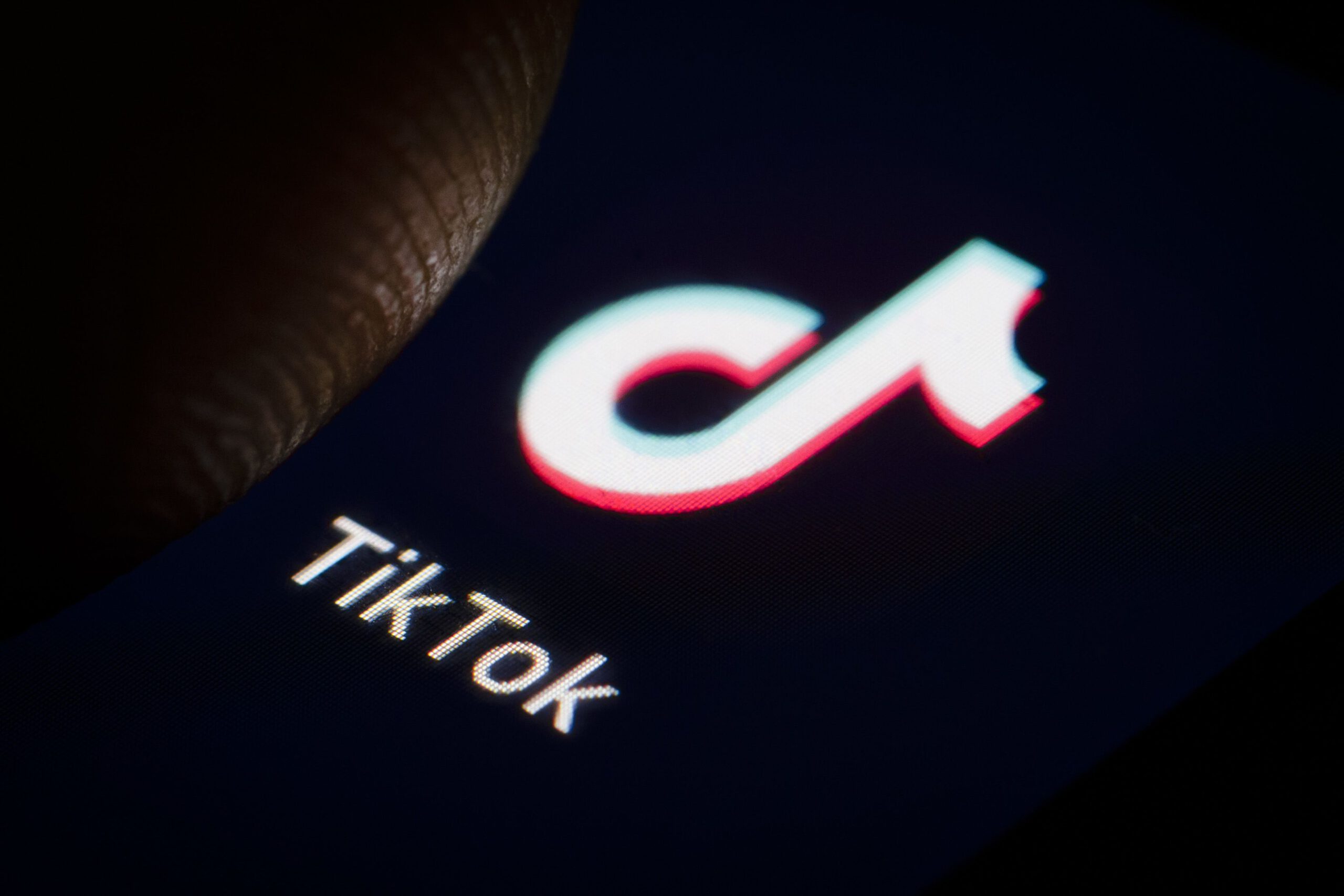Facebook Inc. founder Mark Zuckerberg on Wednesday faced a second, more combative congressional committee, where lawmakers criticized the company’s privacy practices and ramped up calls for regulating internet firms’ use of personal data.
Rep. Greg Walden (R., Ore.), the chairman of the powerful House Energy and Commerce Committee, called recent revelations that Facebook allowed personal information of 87 million users to be obtained by a data-analytics firm “deeply disturbing.”
Mr. Walden suggested lawmakers might have to take far-reaching steps to rein in Facebook and other online services. “Does Congress need to clarify whether or not consumers own or have any real power over their online data?” he asked. “Have [internet firms] grown to the point that they need federal supervision?”
Rep. Frank Pallone of New Jersey, the committee’s top Democrat, went further, saying “we need comprehensive privacy and data-security legislation” as well as steps “to secure our democracy” from foreign meddling on social media.
Mr. Zuckerberg told lawmakers he thinks it “is inevitable that there will need to be some regulation” of his industry, but that “you have to be careful about what regulation you put in place.”
He said while some regulations could be painless for large companies to comply with, they could cause unneeded burdens for small startups.
During Wednesday’s hearing, Mr. Zuckerberg appeared contrite again, as he was before senators a day earlier, and pledged to take whatever steps are needed to restore trust in his huge platform.
“It’s not enough to just connect people, we have to make sure those connections are positive. It’s not enough to just give people a voice, we have to make sure people aren’t using it to hurt people or spread misinformation. It’s not enough to give people control of their information, we have to make sure developers they’ve given it to are protecting it too,” he told the panel.
“It will take some time to work through all of the changes we need to make, but I’m committed to getting it right,” he added.
Mr. Zuckerberg, who sipped orange juice during the hearing, frequently faced even tougher questioning than he had the day before.
Rep. Anna Eshoo, a California Democrat representing part of Silicon Valley, asked Mr. Zuckerberg several tough questions concerning the Cambridge Analytica data transfer and she repeatedly interrupted his answers.
She asked whether Facebook has “a moral responsibility” to help protect U.S. democratic institutions. At another point she asked whether Mr. Zuckerberg was “willing to change your business model in the interest of protecting individual privacy.” Unable to finish his answer due to a time limit, he eventually promised to follow up in writing.
House Republicans for their part posed numerous questions about alleged censorship of conservative viewpoints on the platform. Cathy McMorris Rodgers of Washington, for example, questioned why Facebook temporarily rejected an image from a Catholic university in Ohio showing Jesus being crucified.
“It sounds like we made a mistake there, and I apologize for that,” Mr. Zuckerberg said. He cautioned lawmakers not to extrapolate systemic bias from a few examples, and added that the company also receives complaints about bias against liberal points of view.
Rep. Steve Scalise of Louisiana, among others, questioned whether Facebook had given special access to the 2012 Obama campaign, as some Obama campaign aides have suggested. Mr. Zuckerberg assured lawmakers repeatedly that the firm treats all campaigns equally.
Several lawmakers criticized Facebook for making it easy for users to buy opioids. The federal government recently called on Facebook and other companies to better police online sales of illegal opioids, said Rep. David McKinley (R., W.Va.).
Mr. Zuckerberg paused and said Facebook needs to do more to police certain types of content. He also reiterated his belief in the importance of artificial intelligence. “The sheer volume of content on Facebook means no amount of people can vet all content on Facebook,” Mr. Zuckerberg said.
Despite the heat from lawmakers, Mr. Zuckerberg generally appeared to be maintaining his cool. House lawmakers—like their Senate colleagues on Tuesday—often faced difficulty in pinning down answers to their questions, given the complexity of the issues surrounding internet data and security.
Rep. Jan Schakowsky (D., Ill.) asked if other firms besides Cambridge Analytica might have purchased the data from a researcher. “I don’t believe it was a large number,” Mr. Zuckerberg said, but he added that the company would find out more from its coming audits.
Mr. Zuckerberg also disclosed that his personal data was improperly sold to Cambridge Analytica by a developer. The company said last week data about 87 million users was accessed, but didn’t say whether Mr. Zuckerberg was affected.
https://www.wsj.com/articles/congressional-hearing-on-facebook-turns-up-heat-on-mark-zuckerberg-1523464332









